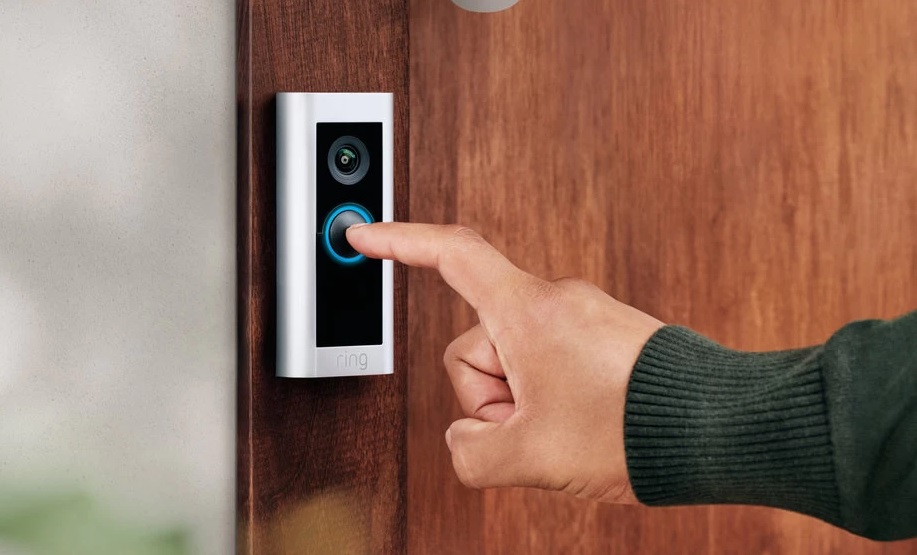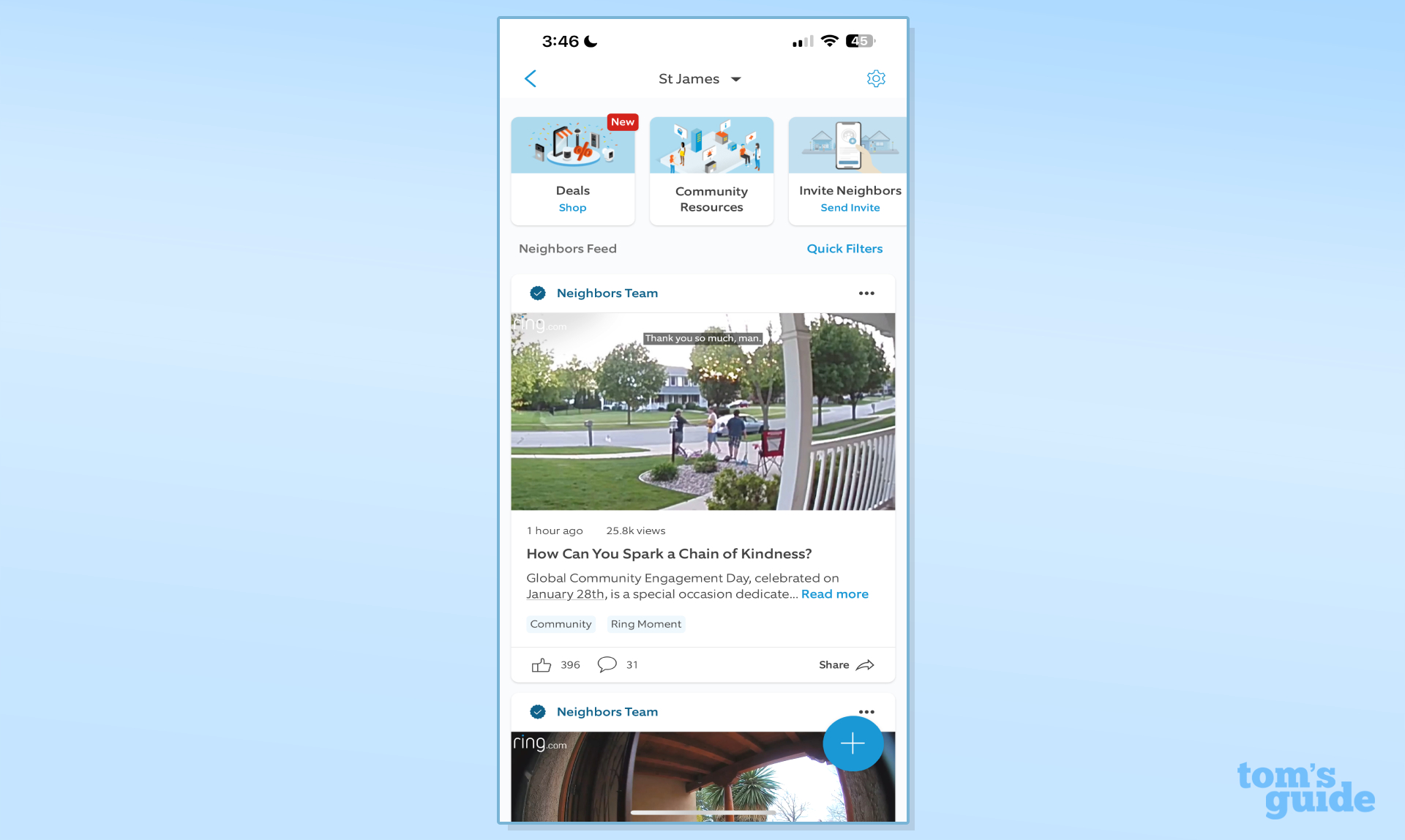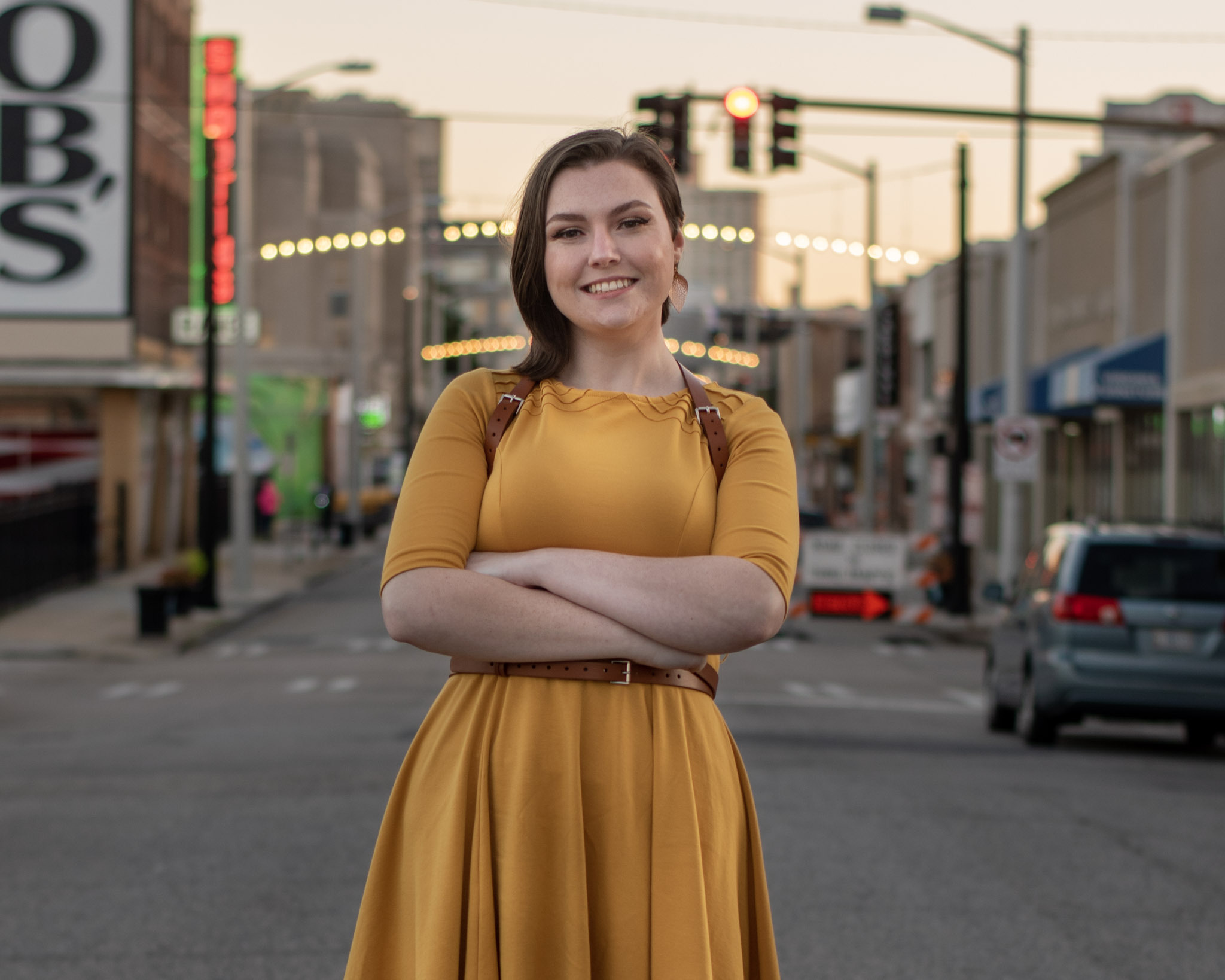Amazon's finally put a stop to the one thing keeping me from getting a Ring camera
Huzzah! No more narking

Earlier this week, Ring announced it's pulling the plug on a controversial tool on its Neighbors app that let police solicit doorbell camera footage directly from users. As a new homeowner looking to invest in one of the best video doorbells, I've been pleased to see Ring walk back its more Big Brother-y features, and this latest news could decide whether I fall on team Ring or Nest.
The Amazon-owned company is sunsetting the "Request for Assistance" tool, which allows police departments and other public safety agencies to request and receive video captured by its line of doorbell cameras. Now if the cops want to see whatever juicy intel your Ring captured, they'll have to go through the proper channels and secure a warrant, just as they would for any other footage from a private citizen or company.
Over the years, Ring has been gradually reducing its collaboration with law enforcement agencies due to backlash and growing privacy concerns. Before 2021, police could submit requests to Ring to access footage from the company's cameras; Ring would then forward the request to homeowners in the vicinity, who could choose whether or not to share their footage voluntarily.
Then in June 2021, Ring introduced the request for assistance feature in the Neighbors app to replace this process. With this tool, any agency asking for footage would have to do so publicly in the Neighbors app. The thinking was that this added layer of transparency would help alleviate concerns that Ring was helping to promote a police-like surveillance state.
Now, Ring is going even further, and ditching the feature altogether as part of a new update. As of January 31, police will no longer be able to make new posts requesting that users submit footage, though Ring users may continue to respond to existing police requests on the app until February 29, a Ring spokesperson explained to CNN.
According to Ring, "Public safety agencies like fire and police departments can still use the Neighbors app to share helpful safety tips, updates, and community events," but "they will no longer be able to use the RFA tool to request and receive video in the app" after January 31.

Hundreds of law enforcement agencies across the nation have partnered with Ring in recent years, according to a tracker maintained by the consumer advocacy group Fight for the Future. And while this latest update is a step in the right direction, it's important to note that police could still be able to get their hands on your Ring footage without your consent. We saw that in 2022 when Senator Ed Markey (D-Mass.) released findings that indicate Ring provided law enforcement with user footage 11 times without consent from users or a warrant from a judge. This phenomenon is hardly exclusive to Ring, though, as other security camera companies have also handed over footage to law enforcement with their users none the wiser.
One way to get around this is by enabling end-to-end encryption on Ring, which prevents anyone, including law enforcement, from viewing your footage without your say-so. The downside is this will disable other features, such as being able to view a live feed from your video doorbell on a smart display.
Team Ring or Nest?
While, thankfully, my family didn't have any run-ins with porch pirates this holiday season, some of my neighbors weren't so lucky. I'd been kicking around the idea of getting a video doorbell for a while, but it keeps getting punted down the list of home projects as more pressing issues climb the ranks.
With the number of Google Home speakers we have already set up around the house, I was leaning toward Google's Nest Doorbell because a) it's more convenient to stick to one ecosystem and b) the Nest takes home the crown for Tom's Guide's best video doorbell on the market. Its 3:4 vertical aspect ratio means you get a more complete view of your front door, and it packs a lot of great features, such as the ability to recognize familiar faces, packages, animals, and vehicles. The best selling point in my opinion is that you get many of those features, as well as three hours of rolling video storage, without having to fork over a monthly subscription fee.
At the same time, Ring offers one of the best video doorbells for those on a budget. This 1080p camera offers improved night vision, better package detection and custom motion zones to tailor what it detects. And with a price tag of under $100, that means more money to tuck away for other house projects.
However, I haven't been exactly thrilled with how open either Amazon or Google has been about the prospect of sharing video doorbell footage with local authorities. If the cops in my precinct need a peak at something my video doorbell captured, they can go through the proper legal channels to get a warrant for the footage.
Google says it only shares data with law enforcement in cases of emergency, though it's worth noting that what defines an “emergency” might be up to the police. But that's less concerning than what Ring's done, opening the door wide open for police to circumvent the legal checks and balances in place by requesting footage from users directly. Like I said before, removing the request for assistance tool is definitely a step in the right direction, but I'm not sure it's enough to convince me Ring's put its days of encouraging a police-like surveillance state behind it. So when it comes to pulling the trigger on a video doorbell, I'm still leaning toward team Nest.
More from Tom's Guide
Sign up to get the BEST of Tom's Guide direct to your inbox.
Get instant access to breaking news, the hottest reviews, great deals and helpful tips.

Alyse Stanley is a news editor at Tom’s Guide, overseeing weekend coverage and writing about the latest in tech, gaming, and entertainment. Before Tom’s Guide, Alyse worked as an editor for the Washington Post’s sunsetted video game section, Launcher. She previously led Gizmodo’s weekend news desk and has written game reviews and features for outlets like Polygon, Unwinnable, and Rock, Paper, Shotgun. She’s a big fan of horror movies, cartoons, and roller skating.
-
AzBearin I think you need to clarify this a bit the police CAN get your video just an extra step needed, get a warrant from a judge which is not difficult to get. trackers on cars were placed w/o a warrant but that changed and now a warrant is needed.Reply -
tkirkland "Ring would then forward the request to homeowners in the vicinity, who could choose whether or not to share their footage voluntarily."Reply
If Ring forwarded the request to the homeowner for approval and the final answer came from them, I'm not sure I understand your issue. If Ring was disseminating directly to agencies without the owner's knowledge/consent, then yes, that is a huge deal. Though, unless I misread, the owner always had the final say. Why do you deem the solicitation here as "controversial?" People regularly solicit (think: cookies, magazines, etc.), and that's never been controversial, to use your word. Is it because of the entity making the request? If so, this stinks of some form of bias, which, FWIW, seems to be a popular opinion to have in this 'defund the police' era we now live in.
TL;DRIf I ultimately have the final say over the dissemination of my data, requiring a legal document to request it from me is even worse, as now I don't have a say as Ring just became compelled by a court order to provide said data, not even requiring my input or permission.
